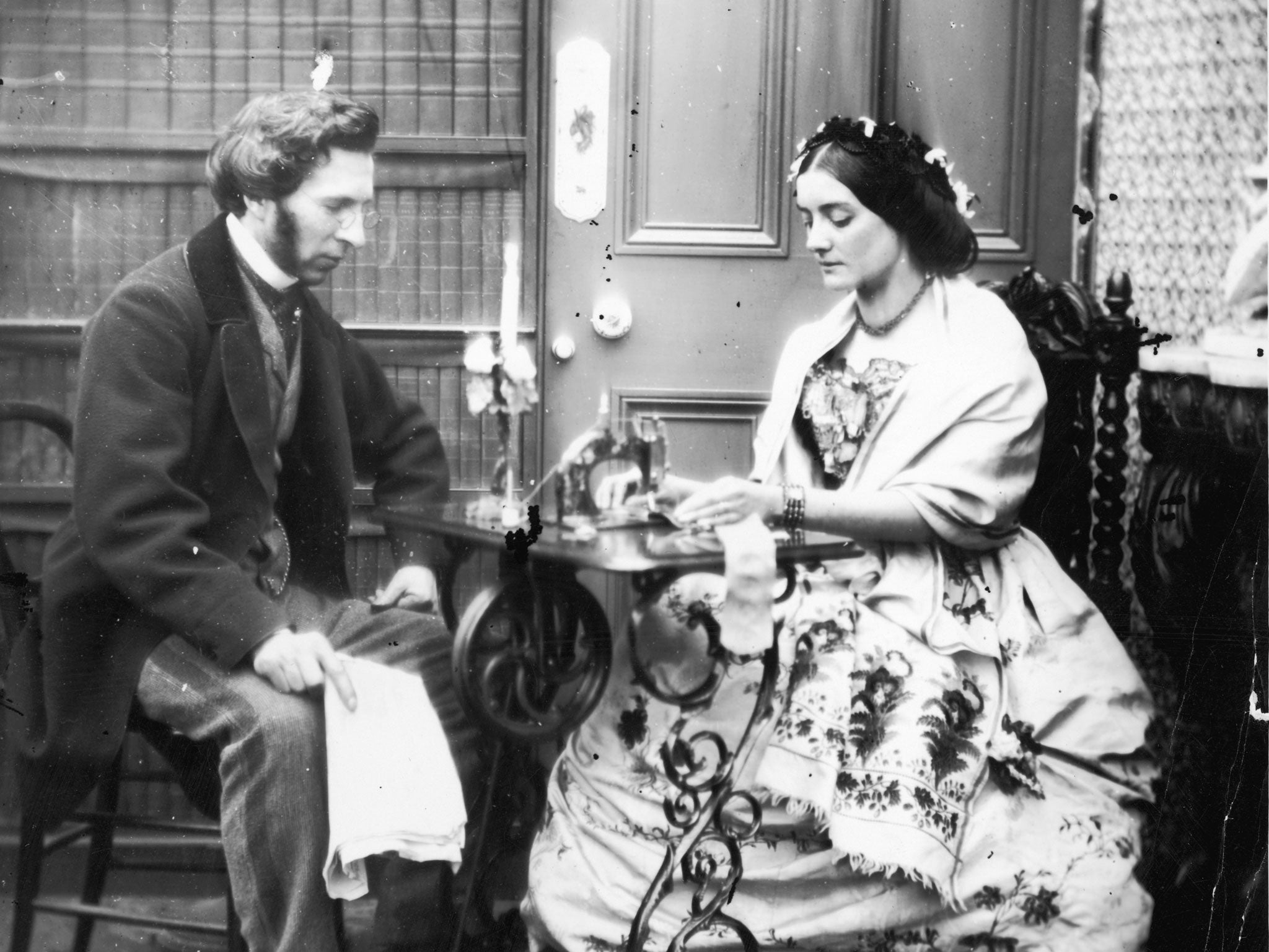Groping for a new sexual etiquette – and turning into New Victorians
Plus: Clive James, Wilko Johnson and the ways to say goodbye

The war on inappropriateness is now being waged on several fronts. After high-profile cases of rape and culpable behaviour by music teachers, an end to any kind of one-to-one tuition is being considered in music schools. An eminent composer has gone further, arguing that any relationship between tutor and pupil, even an adult, may have to be made illegal.
Elsewhere, the groping crisis has been likened by several commentators to the Savile scandal, while the resignation of Cardinal Keith O’Brien has prompted calls for all priests to renew their vows of celibacy or be forced to resign.
The general view seems to be that at last we are taking seriously the way men in power have exploited their position for their own creepy purposes. The truth about unacceptable behaviour is emerging, it is said, and not before time.
There is another view, and that is that we are going collectively bonkers. In a less feverishly over-excited society, the idea that, for example, adults teaching and being taught music should be banned from having a relationship would be greeted by disbelieving laughter.
Indeed, the only way to understand much of the debate around this subject is to see it as a new form of Victorian morality. The Victorians were said to have covered up naked piano legs for fear of inflaming passion; we fear to allow a piano teacher to be left alone with a young pupil. At every turn, we believe, lust-driven men are waiting to prey upon the vulnerable. As was the case 150 years ago, there is a direct and unhealthy connection between primness and a preoccupation with sex.
Once one accepts that, in spite of the appearance of permissiveness, we are in many ways a prudish and fearful society, the discussions surrounding recent events, their vengeful tone and the general air of moral panic begin to make sense.
The new public disapproval tends to be backward-looking and general, condemning what happened in the recent past from a position of present moral superiority. It is not enough to say that dodgy DJs behaved appallingly in the 1970s; it was the spirit of the times that was to blame. The various inappropriate touchings which have taken place in the Catholic Church, or at Westminster, were more than cases of individual excess. They reflected a whole culture of misbehaviour.
These backward glances are comforting because they suggest that the way we are living now is fairer and kinder. It is no coincidence that, away from sexual inappropriateness, a rash of parent-blaming articles and books are being published right now. Over recent days, lengthy reminiscences of past pain have appeared in the press under the accusing headlines “My father, the smoker” and “The horror of having a father who loves drink more than he loves you”.
The new Victorianism is punitive and frightening. You can hear the nervousness in radio or TV debates. Even those who dare to express the view that the panic may be excessive, are studiously careful. One false word, or hint of levity, they know, will set the morality hounds on their trail.
It is sinister when the tone of public discussion is so charged that it becomes dangerous for people to question too much for fear of being thought soft on inappropriateness or perhaps even secretly guilty of it themselves. When an accuser of Lord Rennard spoke of hands straying to “places they had absolutely no business being”, many men will have started with recognition. Their past behaviour had seemed innocent at the time, perhaps even welcome, but was it?
The effect of this nervousness on institutions is even more evident. There is a new caution among broadcasters and publishers which is not entirely explicable by Leveson or fear of litigation. In the great war on inappropriateness, no individual or corporation wants to find themselves on the wrong side.
Do not go gentle...
As the Pope shuffles off the public stage to end his days quietly, two other public figures are taking a rather more defiant position as they face the final curtain. Clive James, who has emphysema and leukaemia, has written a powerfully honest poem about his waning powers, entitled “Holding Court” for the Times Literary Supplement. “The storm blew out and this is the dead calm./ The pain is going where the passion went./ Few things will move you now to lose your head/ And you can cause, or be caused, little harm.”
In a similar spirit, Wilko Johnson, the great, manic guitarist of Dr Feelgood, is on a farewell tour, having been diagnosed with pancreatic cancer. “I’ve had a good life and if I can round things off with a few really good gigs then I’ll be a happy man,” he says.
Not everyone could stare death in the face, and play themselves out in style, like Clive James and Wilko Johnson. It takes real courage, and more than a touch of showmanship.

Join our commenting forum
Join thought-provoking conversations, follow other Independent readers and see their replies